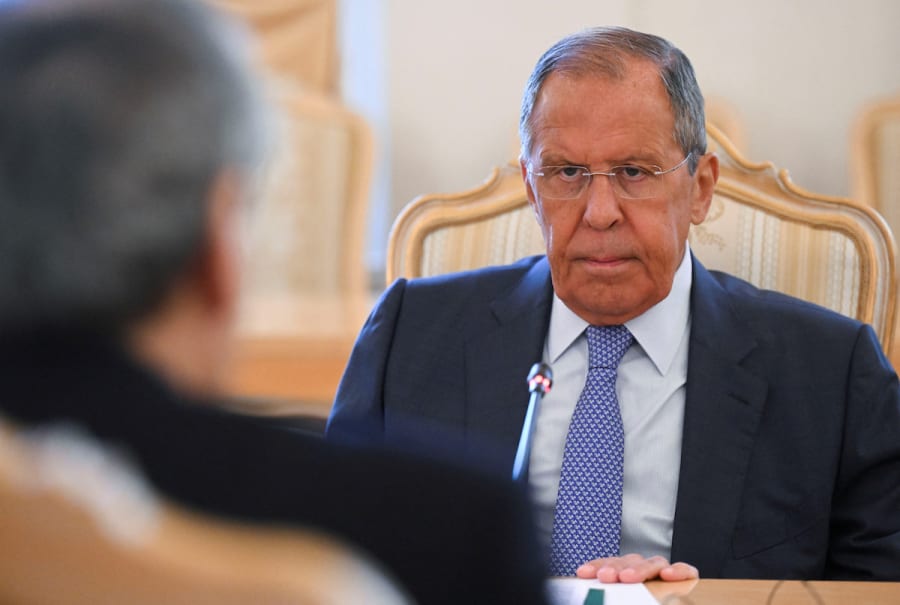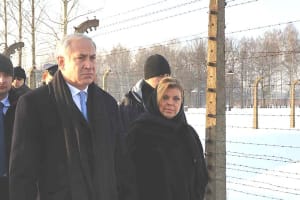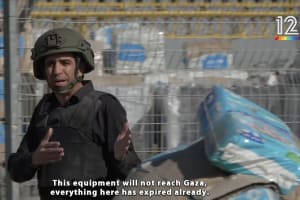Russia vocalizes more condemnation over Israeli airstrikes in Syria
Criticism is a departure from the status quo and fuels tensions as the Middle East braces for an Iranian nuclear deal

After airstrikes in Syria were blamed on Israel earlier this week, Russia condemned the attacks on Iranian targets as “dangerous” and demanded “respect” for Syria’s “sovereignty.”
Normally, Israel seeks to avoid targeting areas that are close to Russian interests in Syria, but earlier in August, Israel hit targets in the coastal areas south of the province of Tartus in addition to a strike on Damascus. The strikes killed three servicemen and wounded another two servicemen.
“We strongly condemn the dangerous practice of Israeli strikes on Syrian territory,” Russia’s Foreign Minister Sergey Lavrov said on Tuesday at a press conference in Moscow after meeting with Syrian Foreign Minister Faisal Mekdad. “We demand that Israel respect the resolutions of the United Nations Security Council and, above all, respect the sovereignty and territorial integrity of Syria.”
Israel is believed to have hit Iranian targets in Syria earlier this month that were close to Russia’s naval base in the port of Tartus on the Mediterranean Sea.
Israel has conducted hundreds of air raids in Syria in recent years without drawing Russia’s condemnation. On the contrary, Russia has been allowing the Israeli operations on Syrian territory without intervening and with the countries maintaining a so-called deconfliction hotline to prevent accidental confrontations between the air forces of Russia and Israel.
However, since Israel condemned Russia’s invasion of Ukraine in February and sent humanitarian aid to the country, tensions between the Jewish state and Russia have only been growing.
In May, Lavrov, in an interview with Italian television, made comments that caused great consternation in Israel and led to the Israeli Foreign Ministry summoning the Russian Ambassador to Israel Anatoly Viktorov for a “clarification conversation.”
“So what if Zelenskyy is Jewish? The fact does not negate the Nazi elements in Ukraine. I believe that Hitler also had Jewish blood,” Lavrov said during the now infamous interview. “Some of the worst anti-Semites are Jews.”
Lavrov’s comments were not only met with outrage in Israel, but also in Ukraine and they were widely condemned abroad. Russian President Vladimir Putin eventually apologized to then-Israeli Prime Minister Naftali Bennett.
Then, in July, Russian forces fired S-300 anti-aircraft missiles at Israeli Air Force (IAF) jets during IAF airstrikes in northwestern Syria. According to reports, the Syrian military used its air defense system to fire anti-aircraft missiles at the IAF jets. In an unprecedented move, however, S-300 anti-aircraft missiles, operated by the Russian military in Syria and needs its confirmation to be fired, were also launched against the Israeli jets as they were leaving the area.
Israel’s Defense Minister Benny Gantz later said that the launch of the anti-aircraft missiles, which did not hit their Israeli targets, were a “one-off incident.”
The Russian launch occurred when the aircraft “were no longer around,” he said. Israel's coordination with Russia over Syria is “a situation that is stable right now, I think. But we are always reviewing this story as if we only just began it now.”
Additionally, Moscow’s Ministry of Justice has ordered the Russian branch of the Jewish Agency for Israel to be shut down. The order, currently before a Moscow court, has been perceived Russia's way of punishing Israel for its support of Ukraine in the war that began in February.
Last Tuesday, Israeli President Isaac Herzog – former chairman of the Jewish Agency – raised the issue of Russia’s potential closure of the organization with Putin. The two leaders agreed to continue discussions on the matter.

The All Israel News Staff is a team of journalists in Israel.













